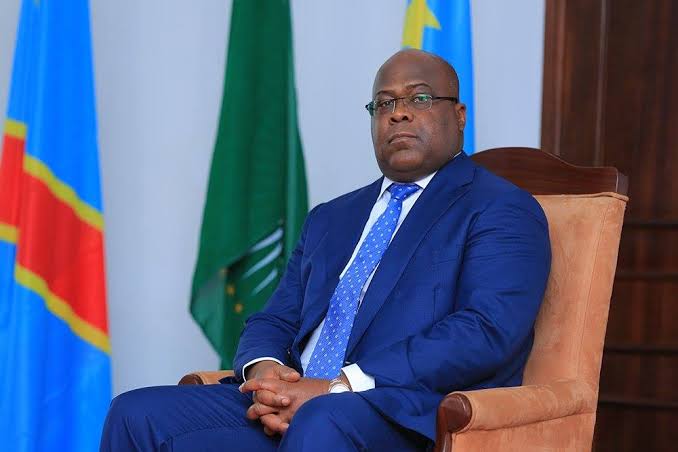Recently, Democratic Republic of the Congo’s President Félix Tshisekedi has outlined an ambitious plan to create approximately 6.4 million jobs during his second term, averaging about 1.3 million jobs annually. Central to this plan is leveraging the country’s principal export: mining. With the DRC’s untapped mineral resources estimated at $24 trillion, effectively managed mining could significantly bolster job creation.
The urgency of this initiative is underscored by sobering statistics from the Congolese Ministry of Labour and the World Bank, which indicate a severe unemployment crisis among the youth. About 70% of college graduates struggle to find employment, and the unemployment rate for those aged 15-24 stands at 35%. Although many find employment in agriculture, civil service, or the informal sector, some analysts suggest that the actual figures could be higher due to ongoing security issues in the DRC.
In response to these challenges, President Tshisekedi has pledged improvements in managing the nation’s mineral wealth and reducing exploitation by foreign entities. At the beginning of his tenure, he committed to fostering a middle class in one of the world’s poorest countries. A key strategy now is enforcing local subcontracting laws to ensure that more wealth generated by mining activities remains within the country.
The enforcement of these regulations is overseen by the Autorité de régulation de la sous-traitance dans le secteur privé (ARSP). Earlier this year, ARSP, under the leadership of Director General Miguel Katemb, took decisive actions against the gold mining company Kibali Gold, which is a joint venture involving Canadian and South African firms along with the Congolese state-owned Sokimo. This followed a report citing non-compliance with local subcontracting laws in Haut-Uéle province.
After a contentious period, a resolution was reached at the end of February when ARSP and Kibali Gold, part of the Barrick Group, signed an agreement to rectify the issues identified. This agreement stipulates that all 394 contracts under scrutiny will remain within the DRC. This deal not only aims to restore trust in President Tshisekedi’s administration but also promises more local market opportunities, previously dominated by foreign companies, for Congolese entrepreneurs.
This move aligns with broader regional trends, as seen in Nigeria’s recent policy to grant mining licenses exclusively to firms that process locally, and it underscores the strategic importance of minerals in strengthening Africa’s economic autonomy.















